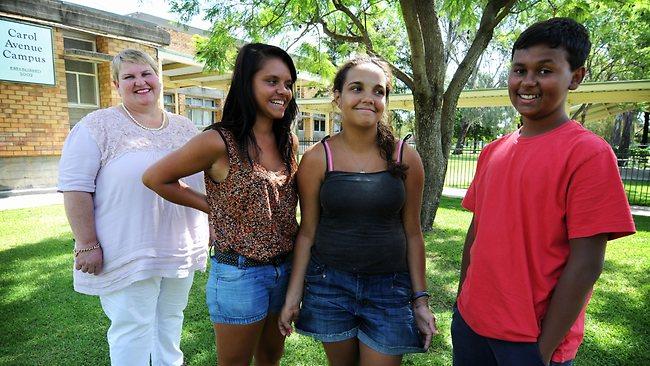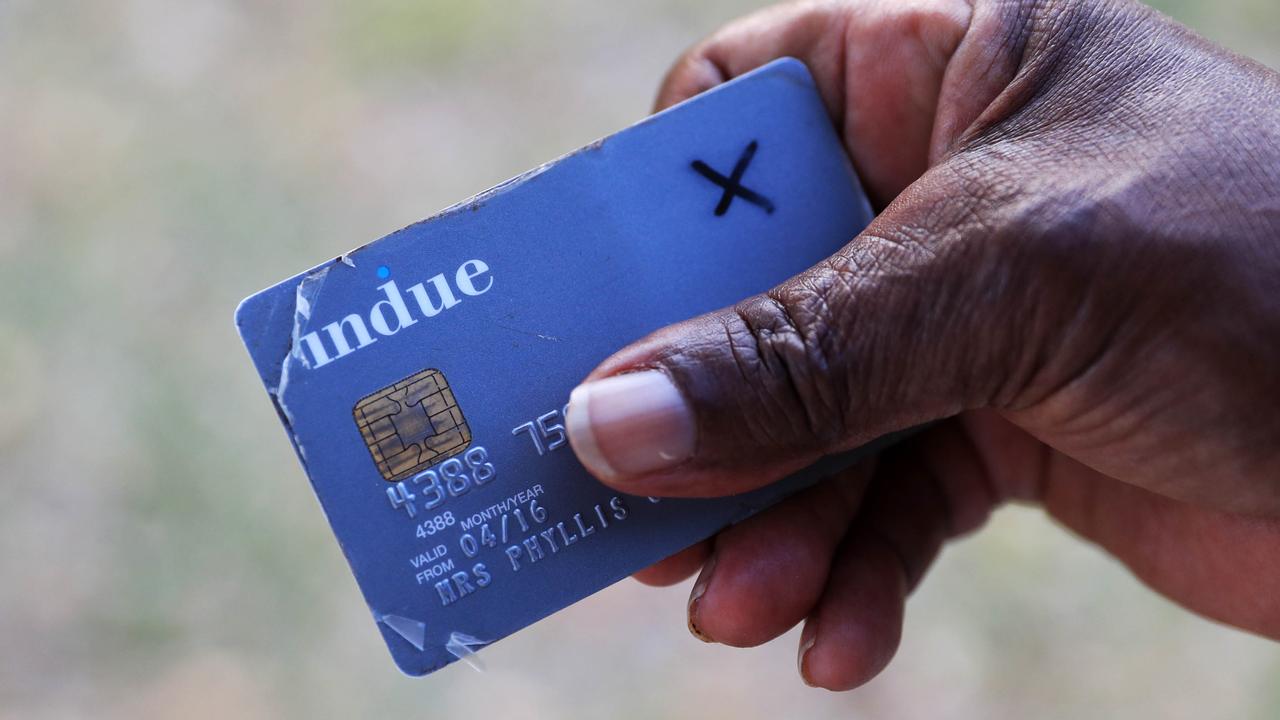Principal Paula Barton happy to run her own show
PAULA Barton's days as principal of Moree Secondary School, which has a predominantly indigenous population, might be numbered.

PAULA Barton's days as principal of Moree Secondary School, which has a predominantly indigenous population, might be numbered.
Rather than being an indictment on her work at the school in northern NSW, Ms Barton's removal as principal would take place under a NSW government proposal to recast the heads of indigenous schools as directors with far-reaching powers that go beyond those usually associated with a principal.
As revealed in The Australian yesterday, the NSW government is releasing a discussion paper in coming weeks that will suggest a radical rethink of how to run predominantly indigenous and underperforming schools.
Under a policy that will initially target 15 of the lowest performing schools across the state, principals would have their titles changed to directors, and they would be responsible for integrating a range of services into the school that would reorientate it at the centre of the community.
These would include early childhood, vocational education and training, and health and welfare provisions such as baby and maternal health services. While Moree Secondary School may or may not qualify for the program -- the 15 schools are yet to be named -- Ms Barton said the proposed changes would be recognition of the role principals filled in rural schools and the wider community.
"The recommendations have not been released yet, so I'd need to have a look, but I think that principals do have a huge level of responsibility now," Ms Barton said. "Those things are things that we already do. We already have a huge community consultation forum here now: we have community liaison officers, we work closely with the primary schools, and have strong links with the Moree health department and other services in Moree.
"We have a homework centre that's run through family support as well as Anglicare, so we do open later in the afternoons, so there's really nothing new there."
The school has taken it upon itself to employ a full-time attendance officer for the next year, the kind of unilateral and self-motivated action that the new policy would encourage.
According to MySchool, in 2010 just over half of the junior secondary schools students at Moree were Aboriginal, with a student attendance rate of 74 per cent, and 64 per cent of all students coming from the lowest socioeconomic grouping.
Ms Barton is cautious about too much emphasis being placed on the Aboriginality of students at the school and connotations with negative performance.
"We do not think in terms of kids being indigenous or non-indigenous," she said.
"I think schools these days are more about addressing individuals needs and skills and making sure they have the best available opportunities, without looking at whether they are indigenous or non-indigenous.
"Certainly the challenges of any remote rural area are more rewarding than anything else."
Ms Barton welcomes one facet of the policy, which would enable schools to draw up their own wage incentives to attract and retain staff. "The biggest challenge for us is attracting staff who are willing to come to rural areas," she said. "That is the biggest challenge I think facing most schools that are in the country.
"I'd love to see reduced airfares maybe for teachers to be able to go home more regularly. That would be a wonderful thing for some of our staff."


